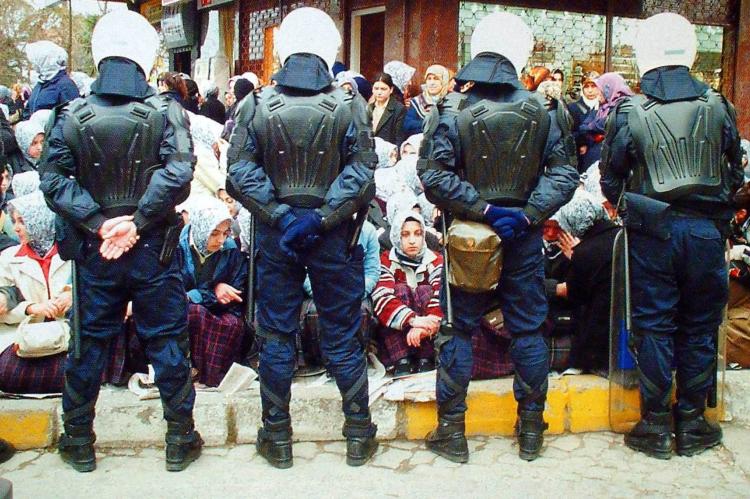Political history of rector appointments in Turkey
Rector elections formerly held among academic staff are removed by statutory decree, leaving presidential power to appoint rectors intact
On 29 October 2016, a statutory decree that abolished rector elections, which were held to inform the president of Turkey about the general tendency of the academic cadre of a university as he made an appointment, was released in the Official Gazette. Turkish President Recep Tayyip Erdogan will now appoint rectors directly. But what changed with the new regulation?
The president of Turkey has always been the ultimate decision-maker as regards rector appointments since 1992. The newly removed rector elections were constitutionally non-binding on the president – the results of which were submitted to the president as a “recommendation”. Consequently, presidents chose candidates who could not win the rector elections of their university several times.
Turkey’s 10th President Ahmet Necdet Sezer was known in Turkey as the prime example of appointing loser candidates. His most curious preference was that he appointed a candidate who had one vote in the elections in addition to his own vote as opposed to the winner’s 15 votes. The winner, Prof. Dr. Mustafa Safran, said “I am hindered from being rector because I attend the Friday prayer.”
Prof. Safran was referring to the strong secularist tendencies of Sezer who used to bar the veiled wives of the ruling Justice and Development Party’s (AK Party) deputies from attending official celebrations. Turkish columnist Mustafa Akyol wrote in 2007 that “Mr. Sezer has expressed his faith in the state's mission to secularize society quite openly and repeatedly over the past seven years.”
In a fashion fitting the deep-seated militarist discourse of the Turkish state then, former President Sezer once appointed a veteran military official as rector who was yet another loser in the elections. One of the loser candidates Ahmet Necdet Sezer considered as more apposite to rectorate was Inci Varinli who was later on tried for mobbing and was fined 20,000 Turkish liras.
The rectorate in particular and academic institutions in general were commonly seen as political and ideological battlefields and were replete with scandals. In 1997, after the Senate of Mersin University criticized the Council of Higher Education (YOK), Rector Prof. Dr. Vural Ulku said that the chairman of YOK, Prof. Dr. Kemal Guruz, insulted and threatened him over the phone for 15-20 minutes.
In 1998, the rector of Harran University was dismissed by the 9th President Suleyman Demirel upon allegations of “setting up religious cadres in academic offices” and “turning a blind eye to female students wearing the hijab” in the university. The dismissed rector’s predecessor was also fired after being accused of doing the same alleged wrongs.
One of the most controversial and secularist rectors in the history of Turkish academy was named Kemal Alemdaroglu. Alemdaroglu was reported to have ordered academics to “if necessary, bring a halt to science to implement the prohibition of wearing the hijab.” He was even accused of poisoning the cats in a campus of Istanbul University that were being fed by another professor to punish him.
Appointed by then-President Suleyman Demirel in 1999, 100th Year University’s Rector Prof. Dr. Yucel Askin reportedly created a list of profiling based on religious and political tendencies of academics. He even reportedly asserted during a live TV broadcast that “The university was a field of intelligence.”



